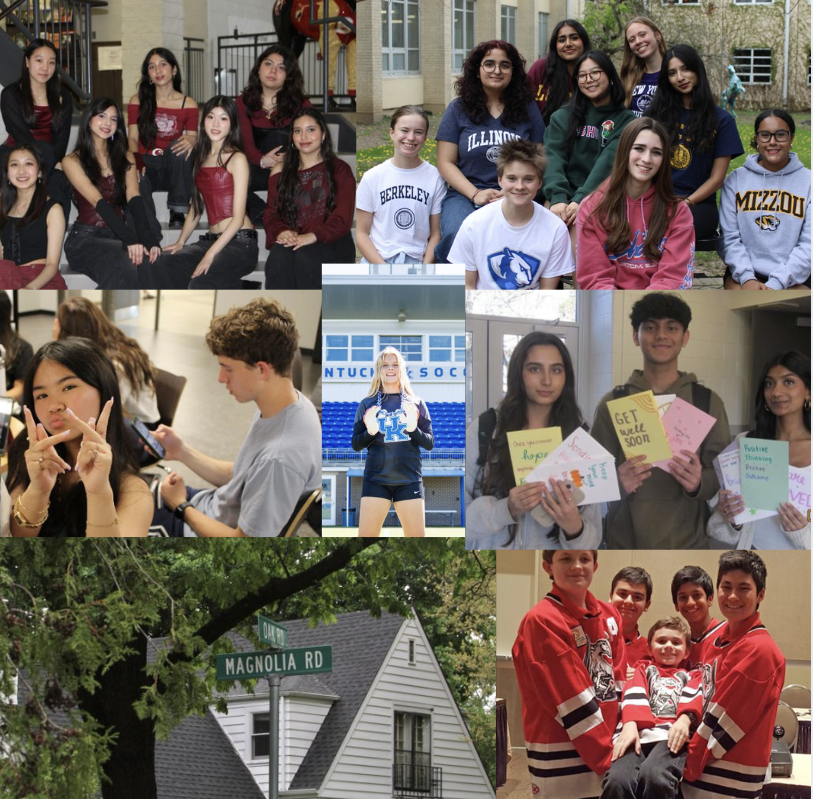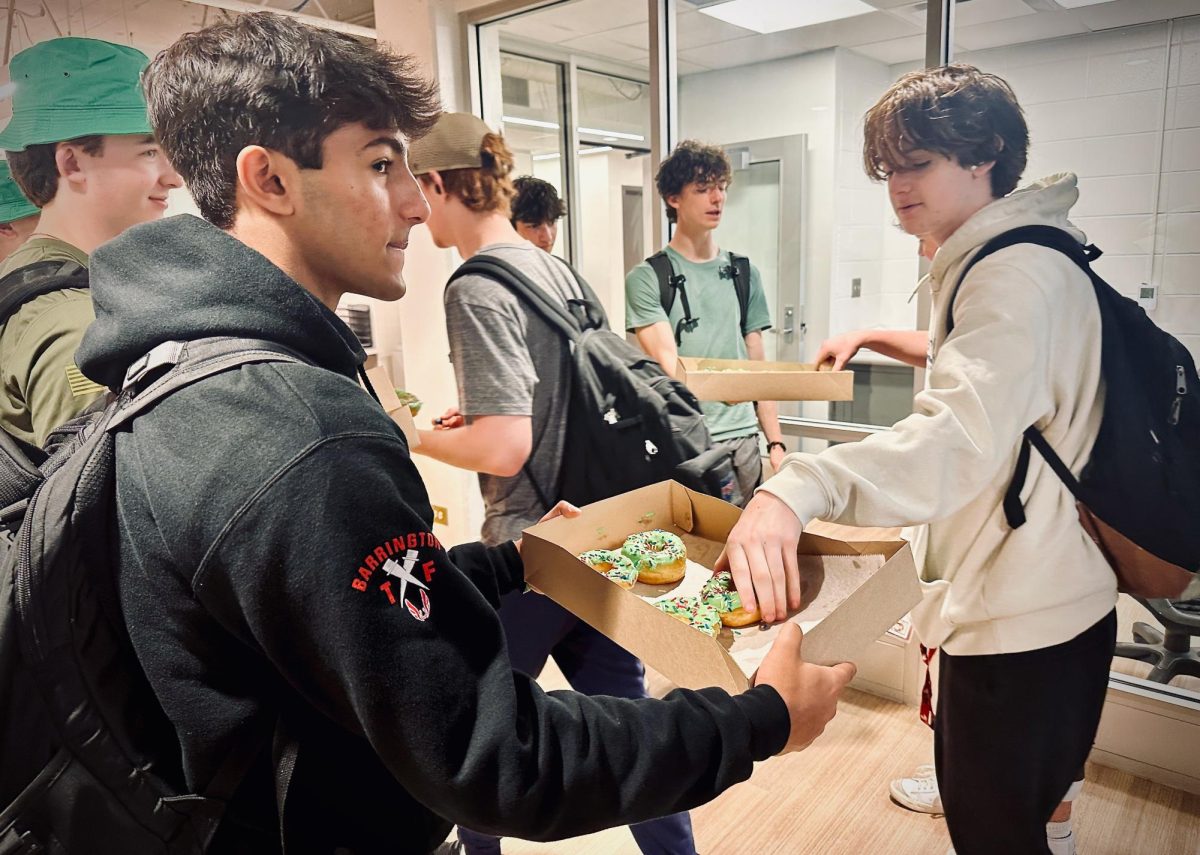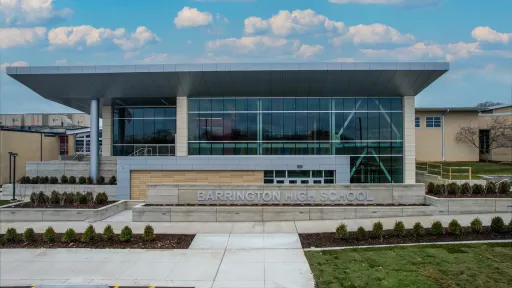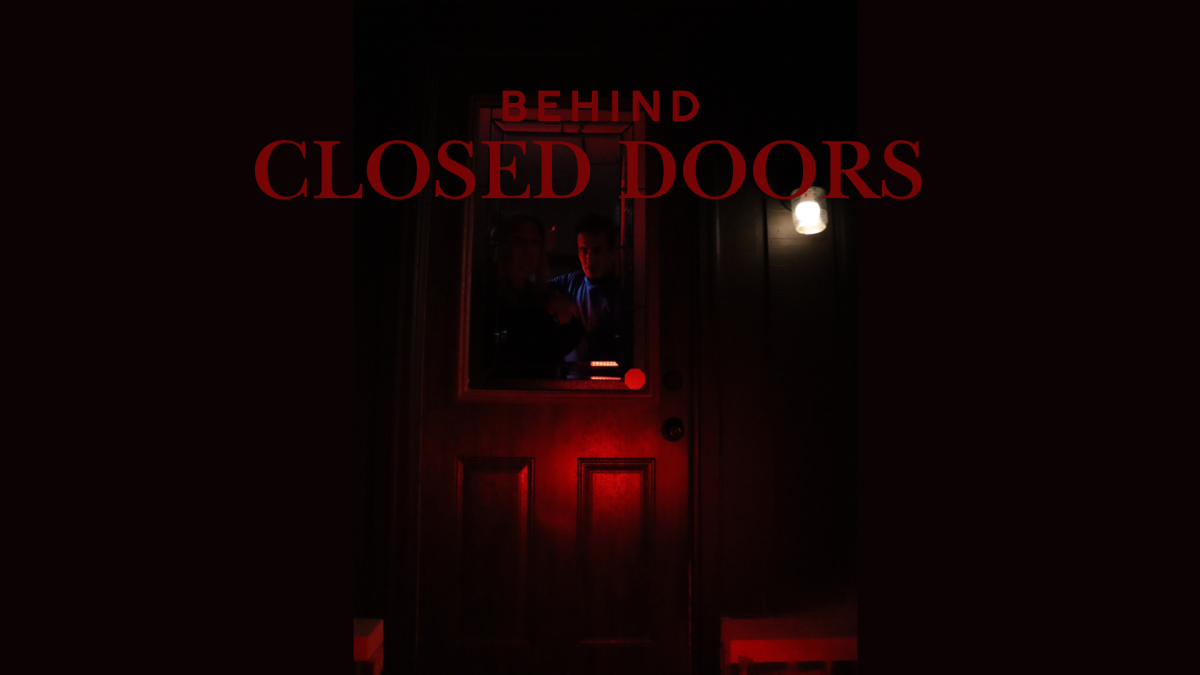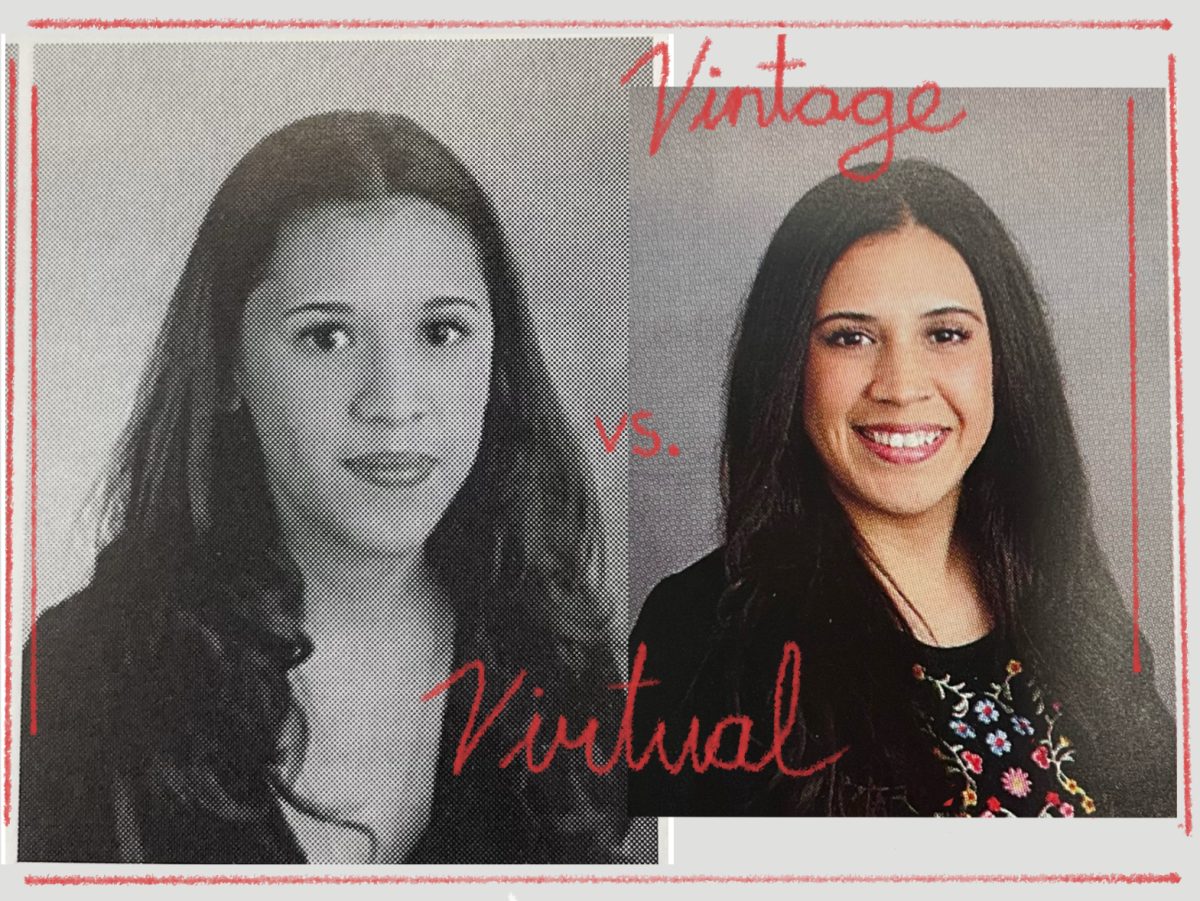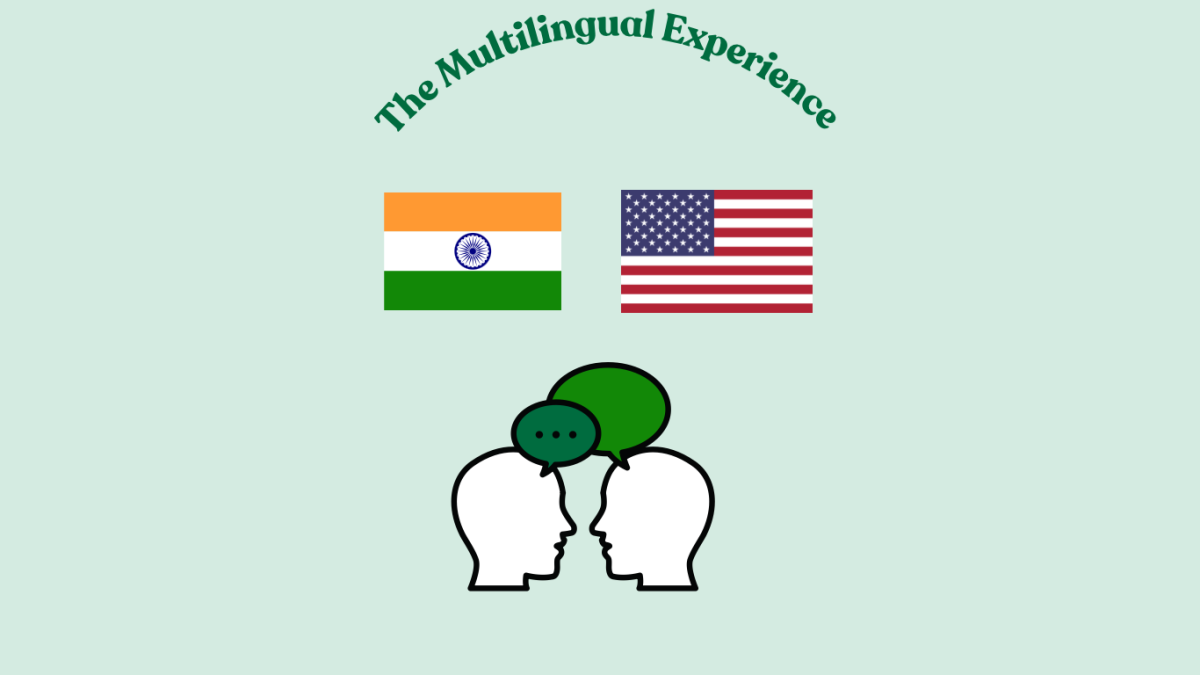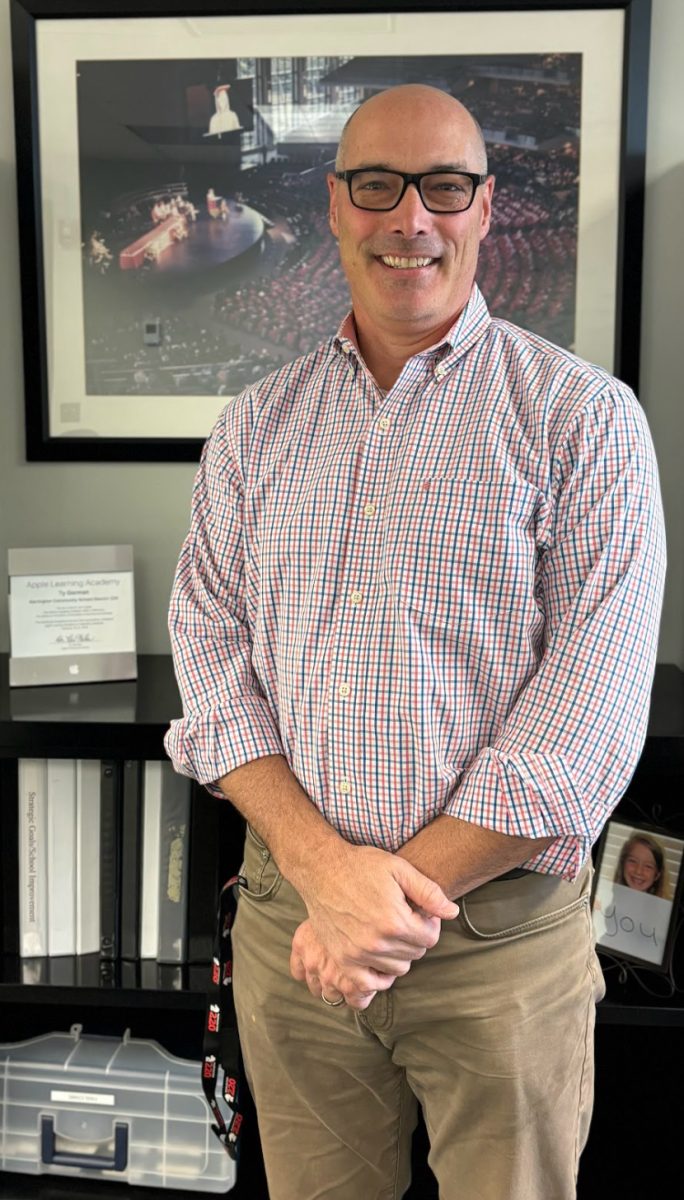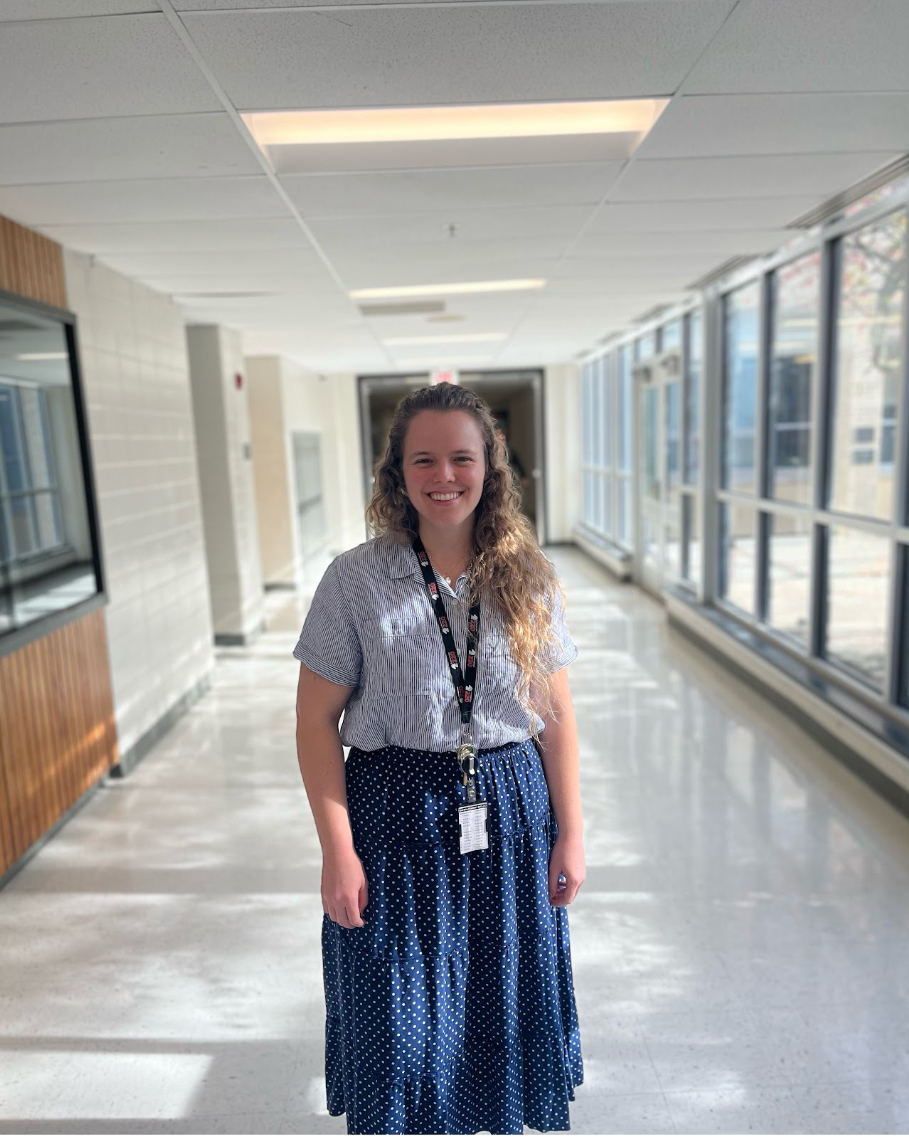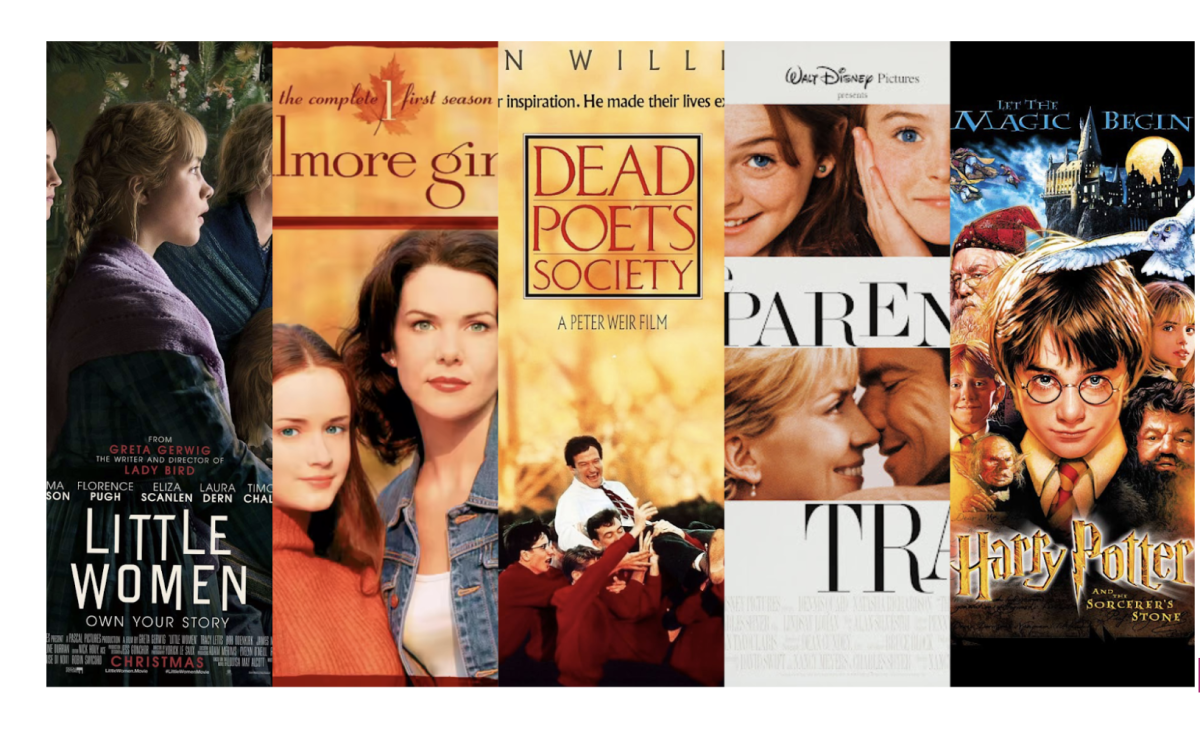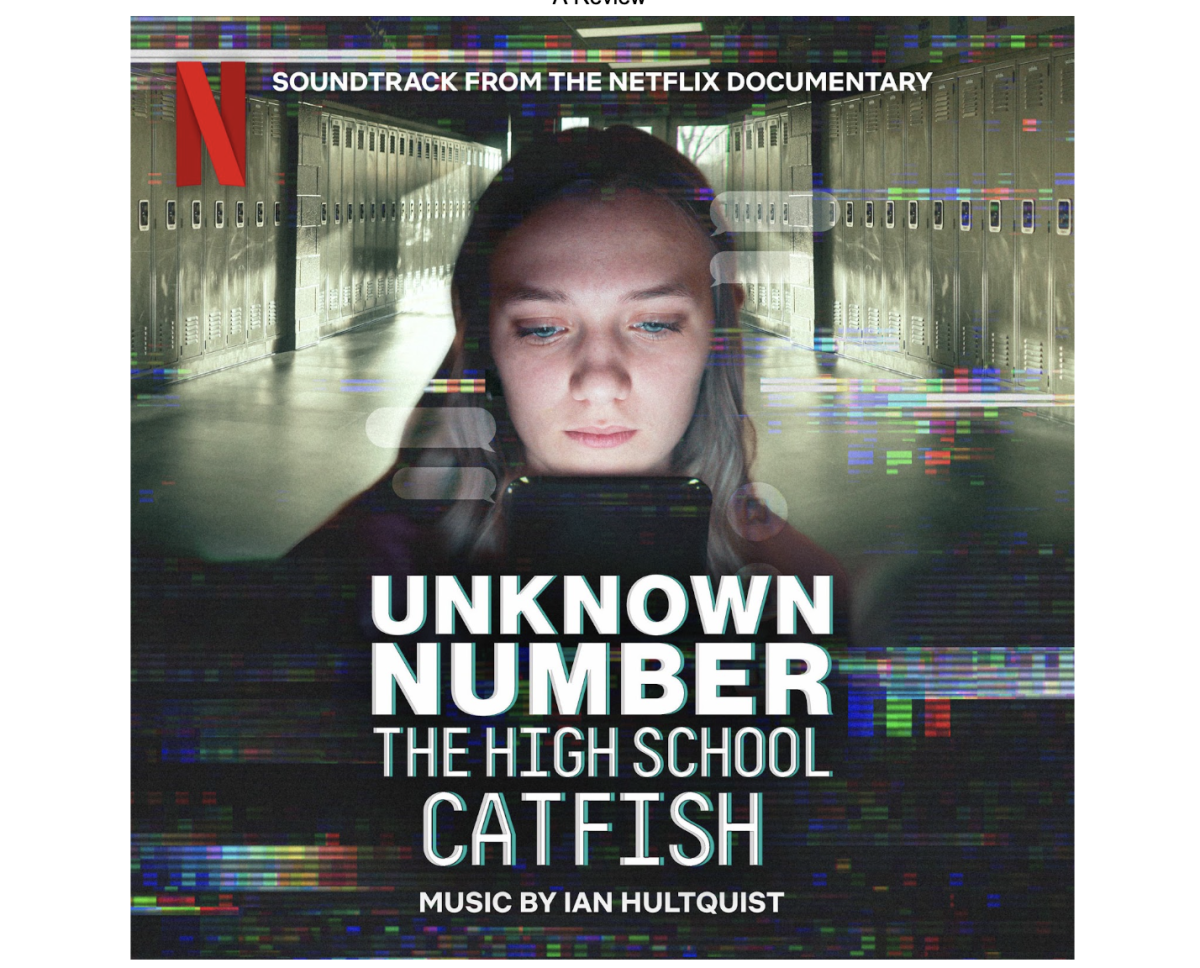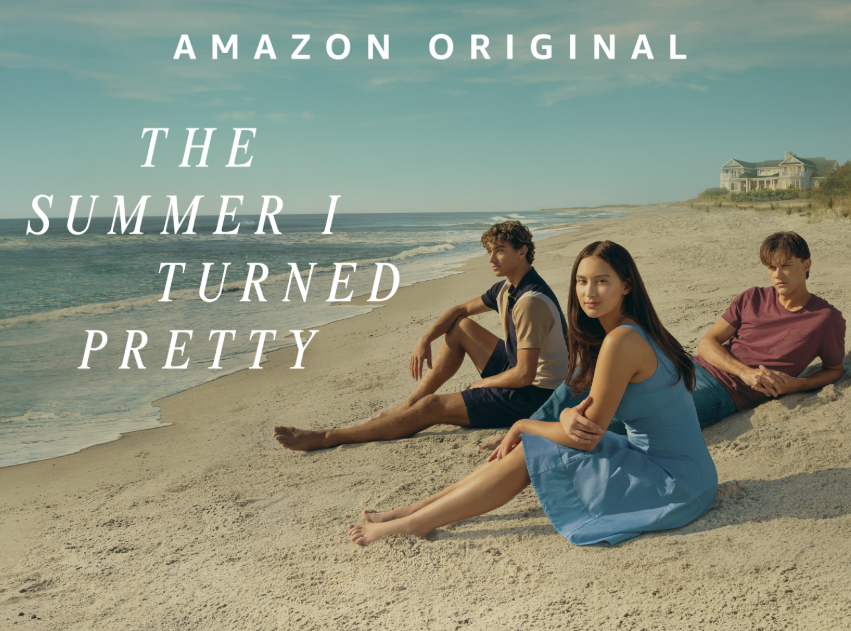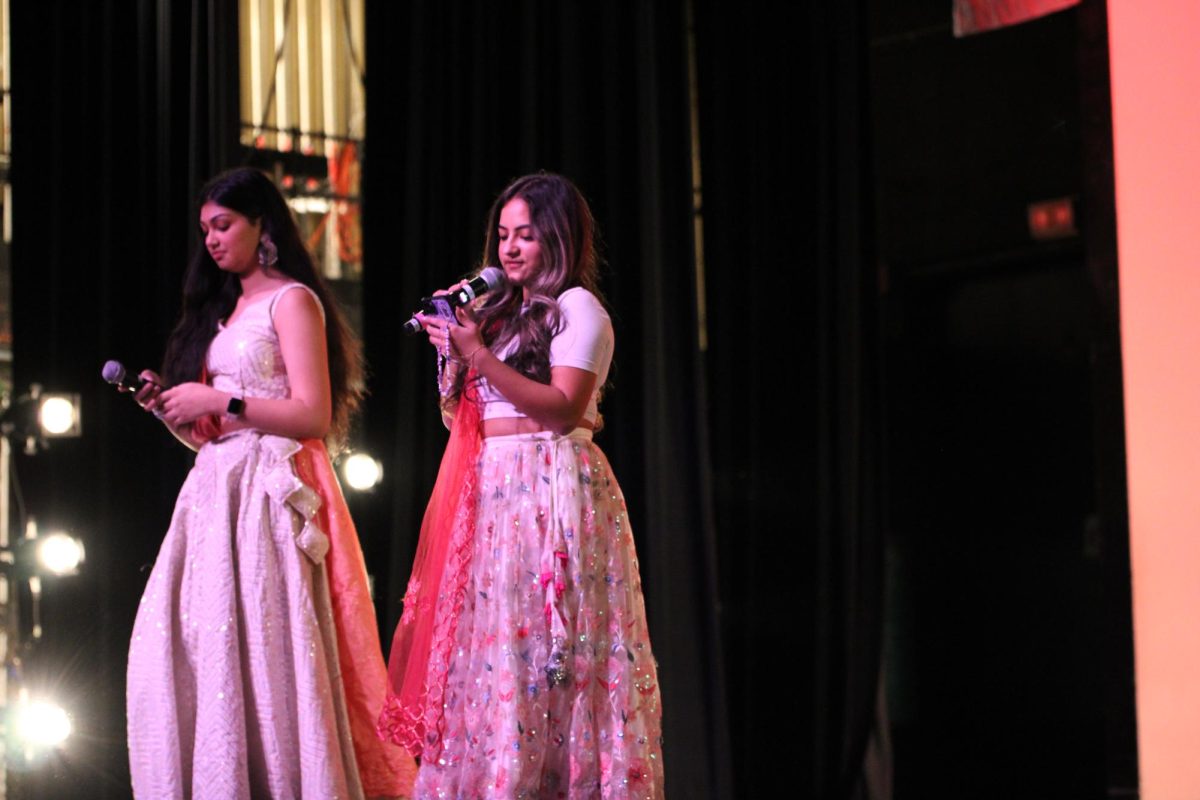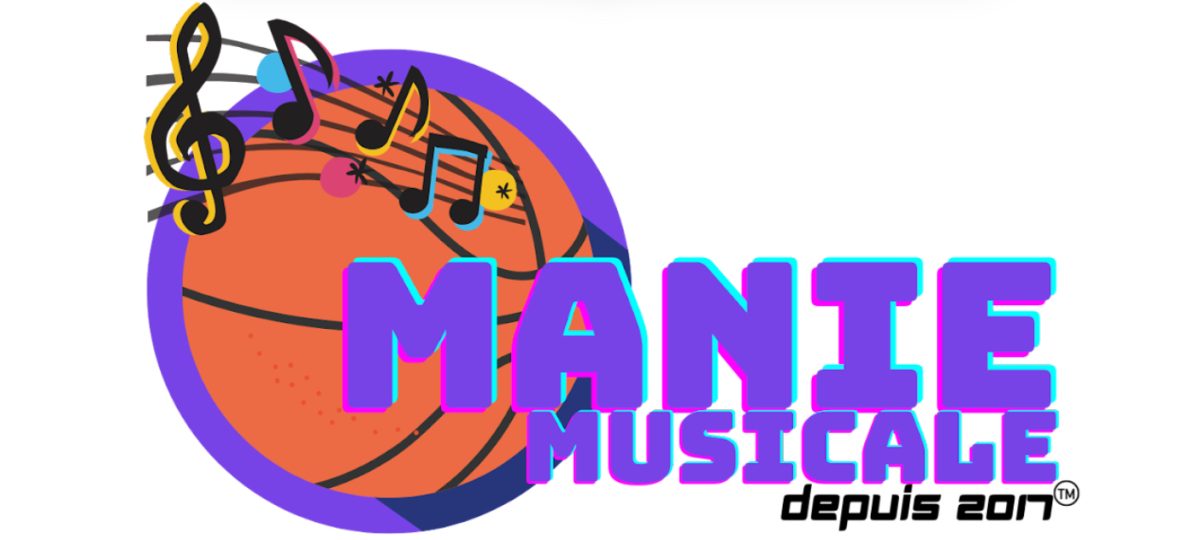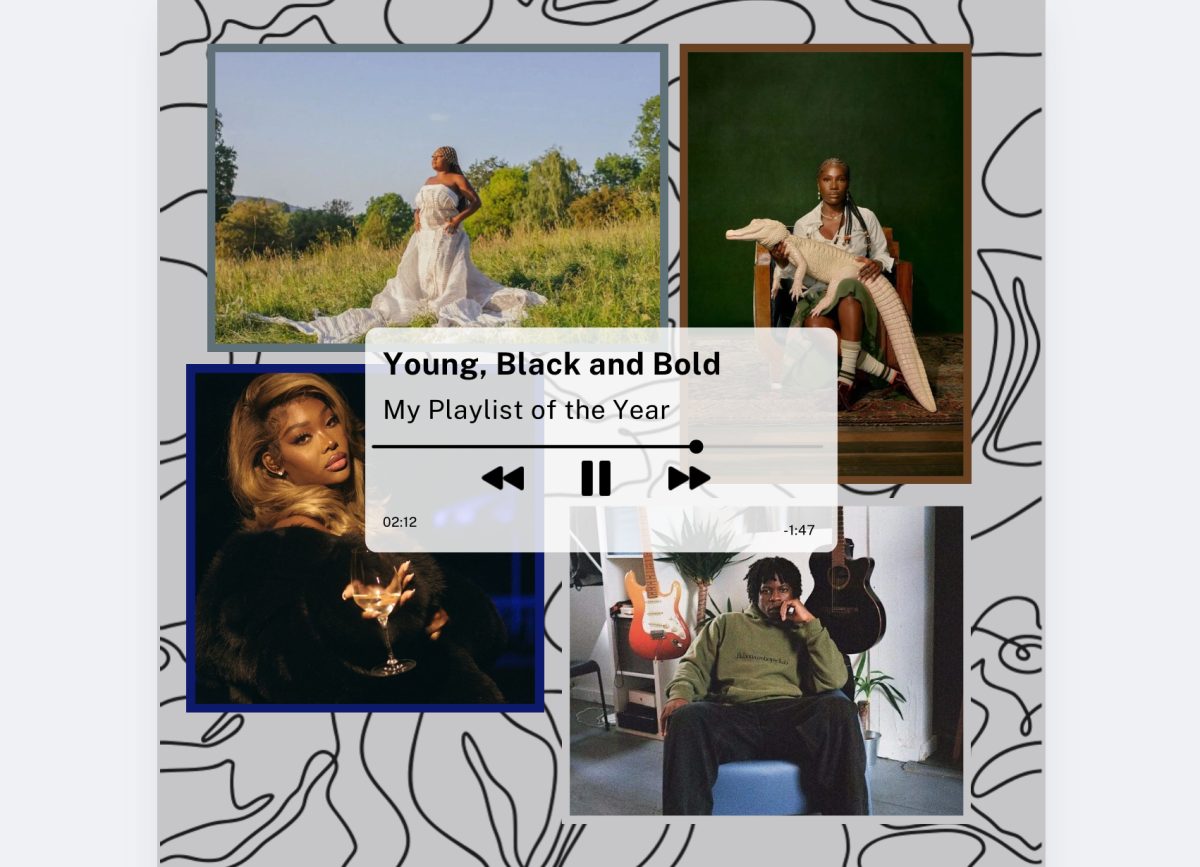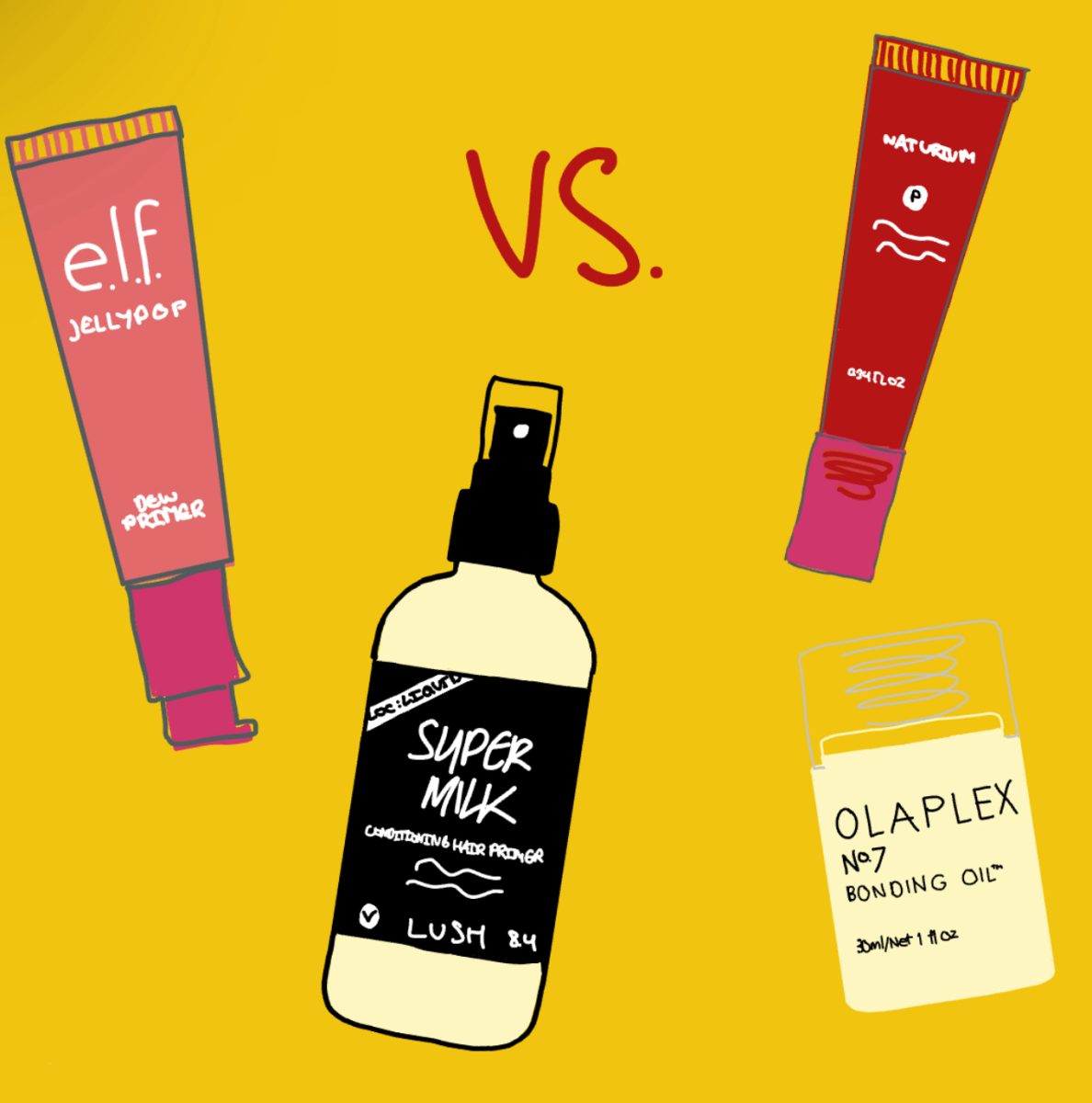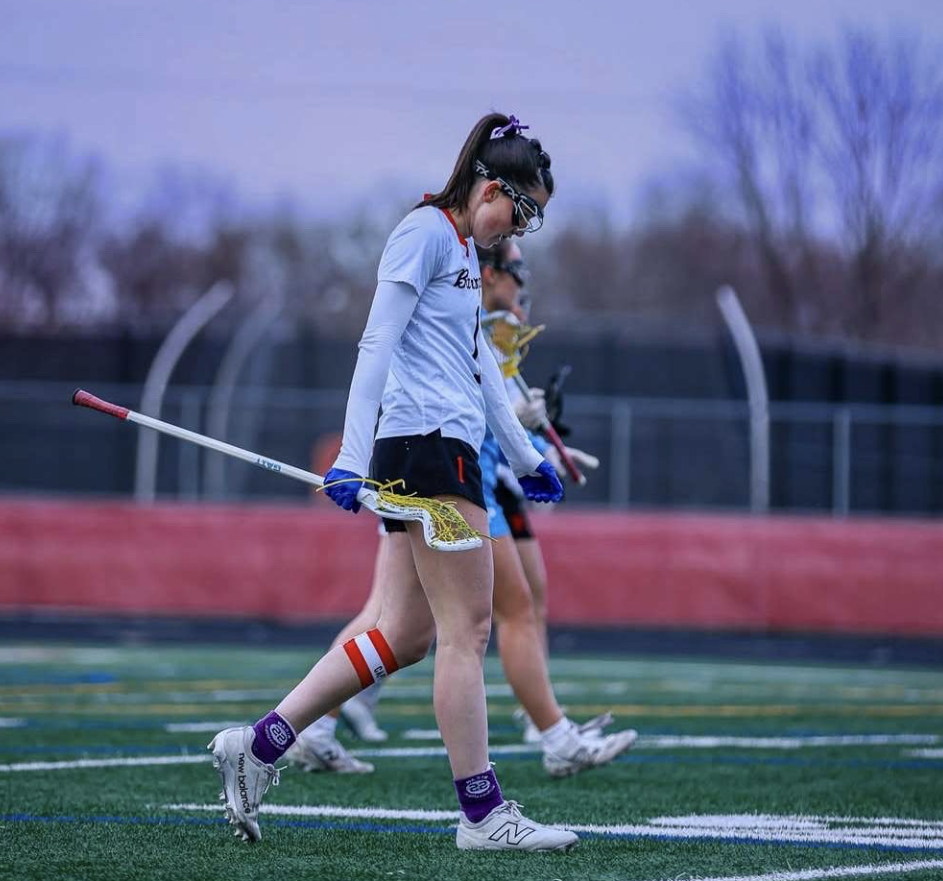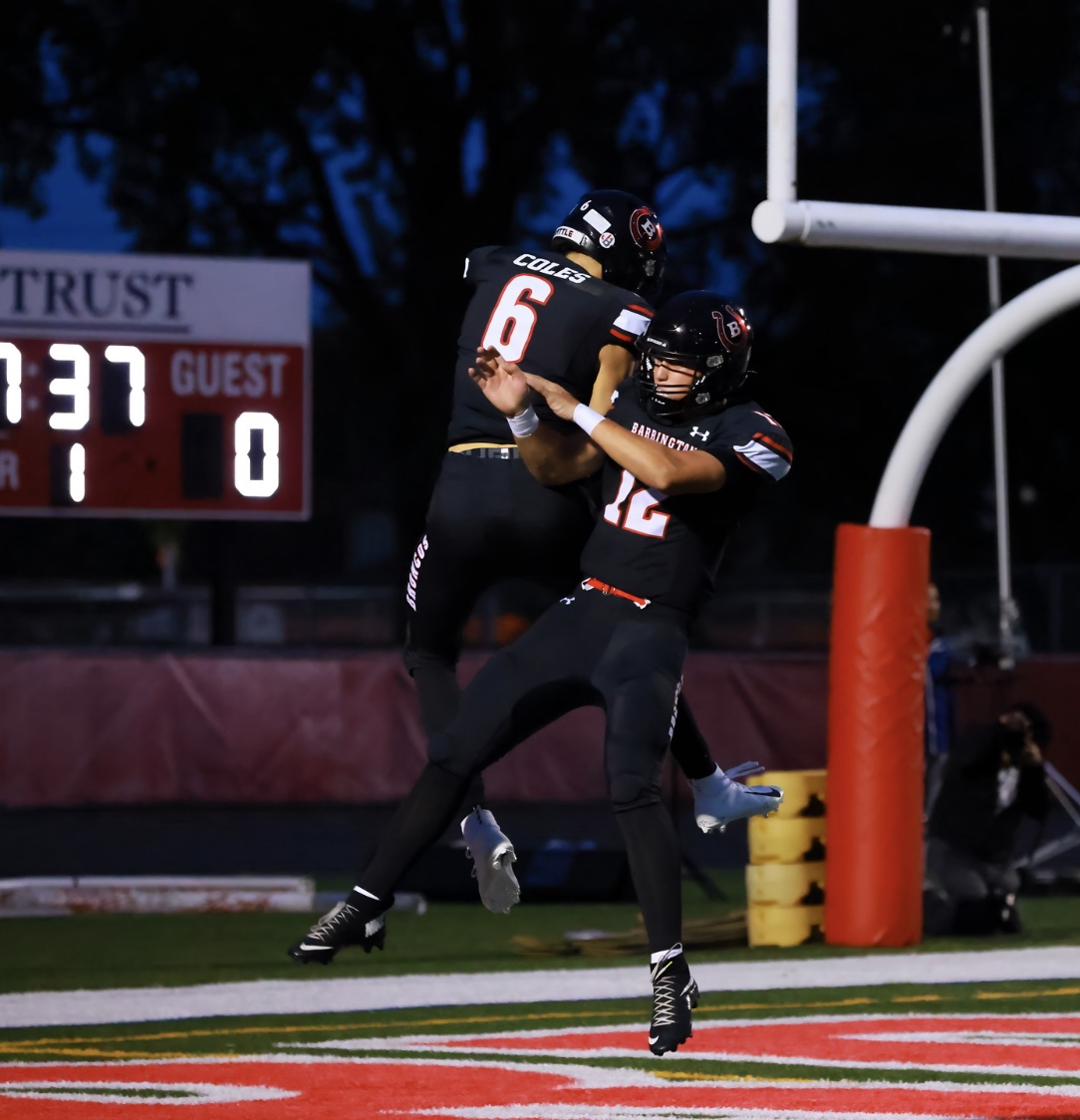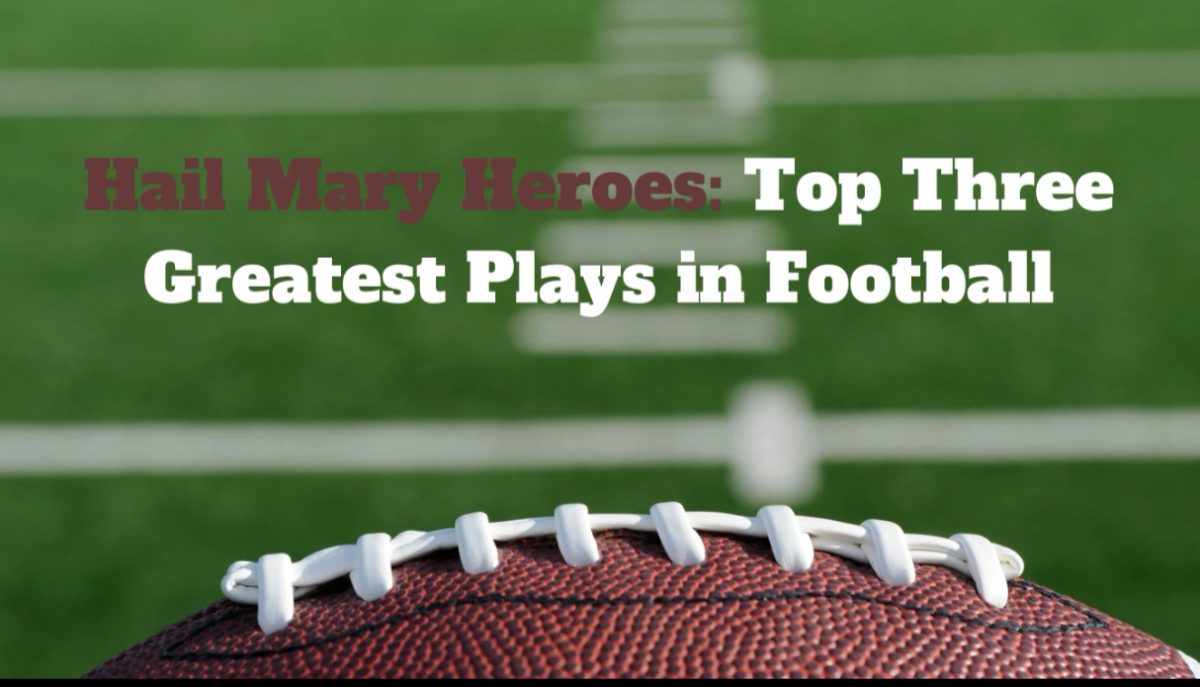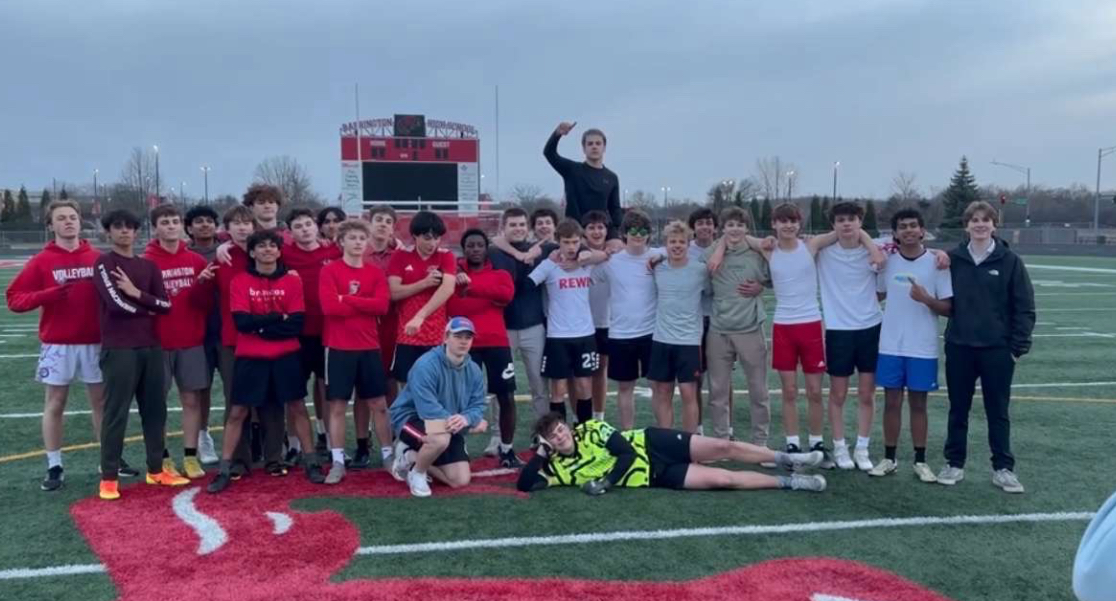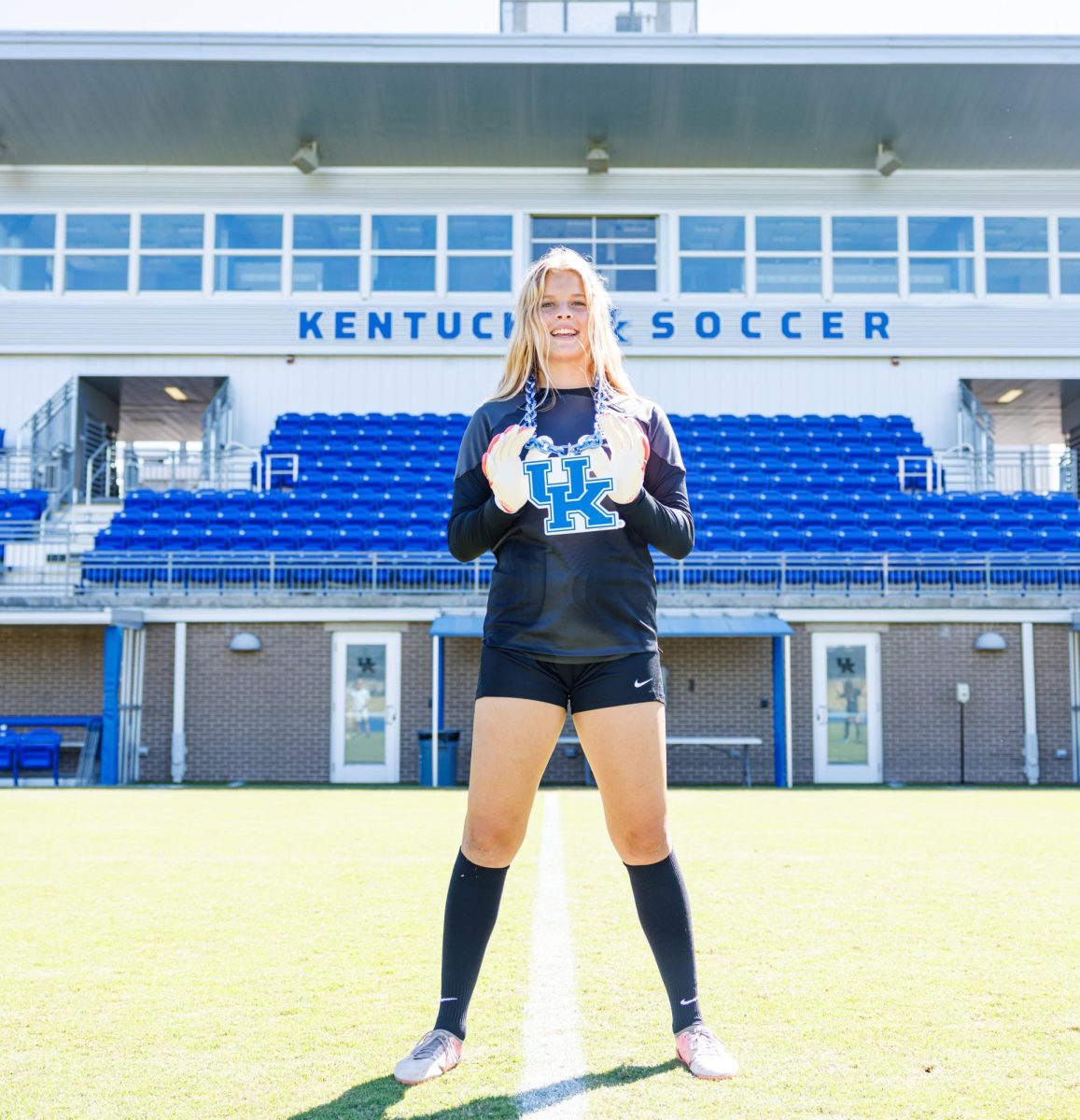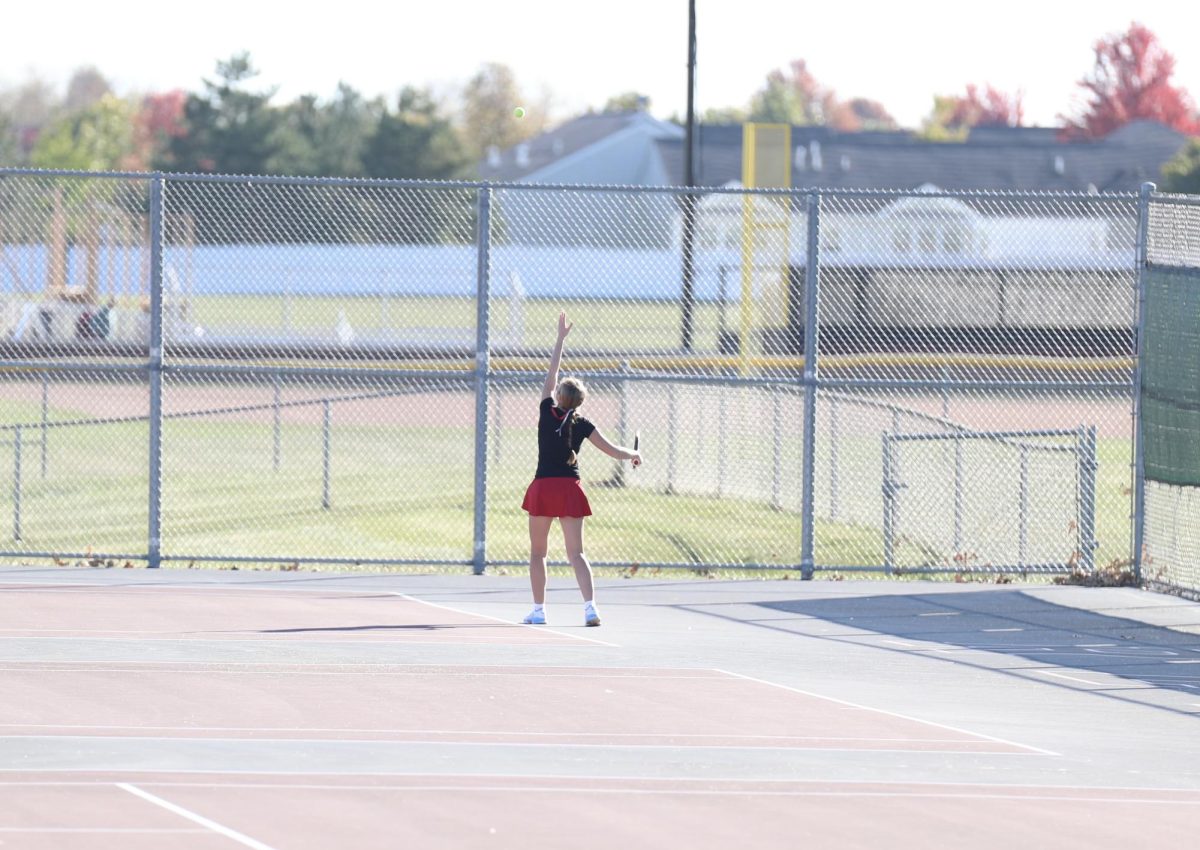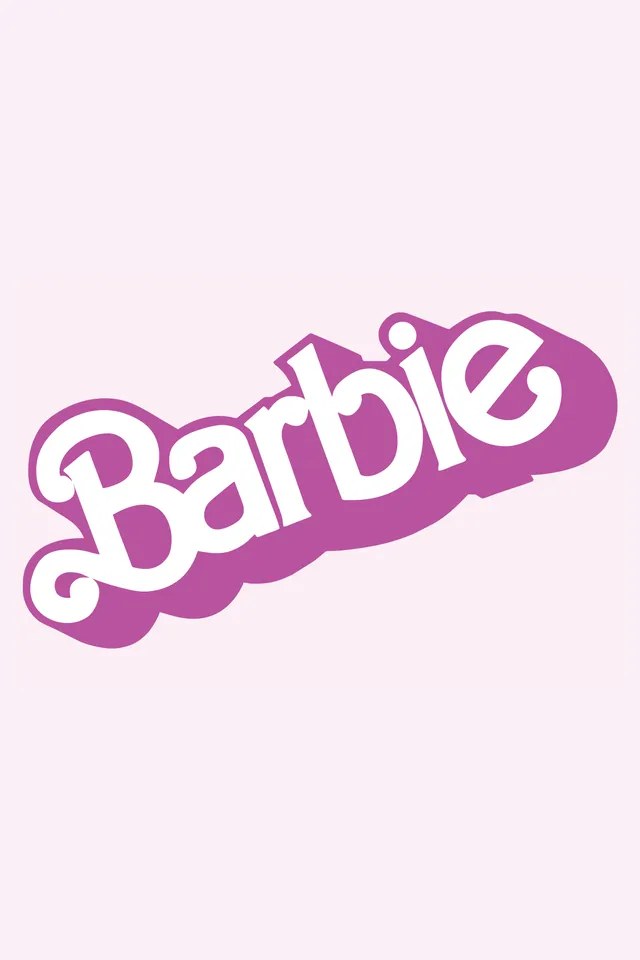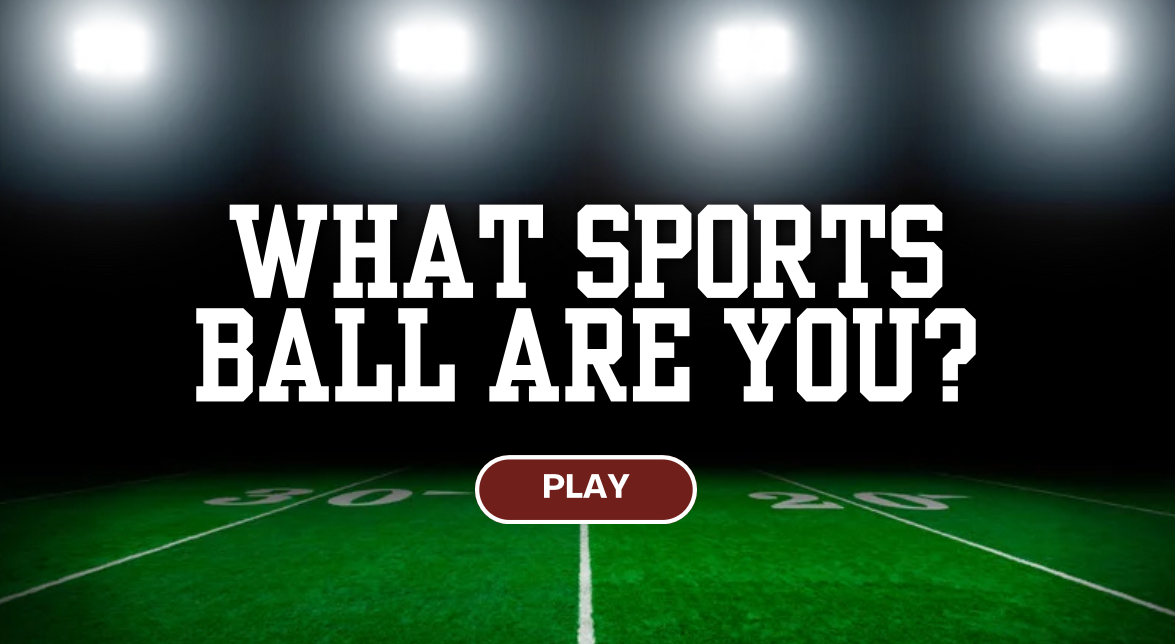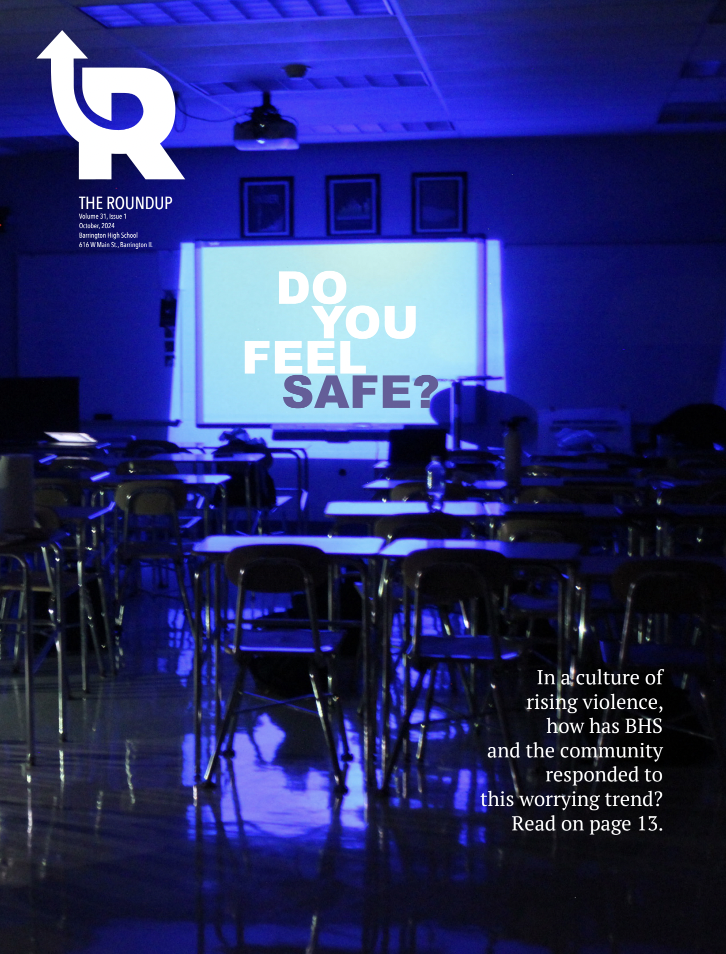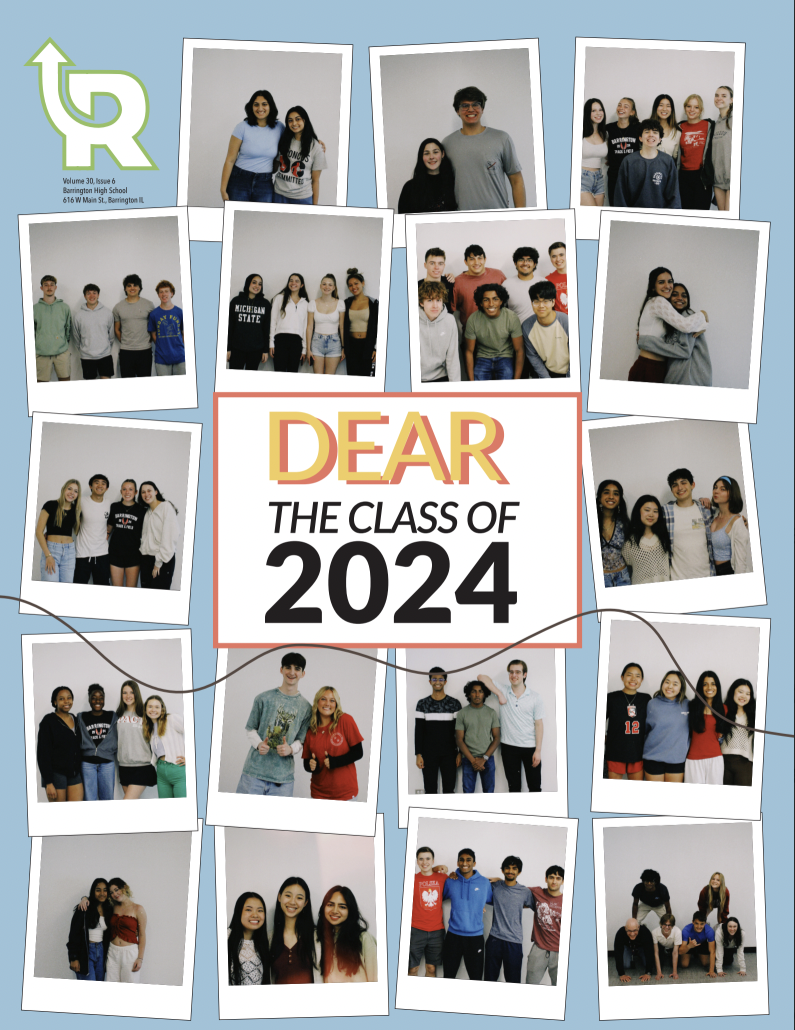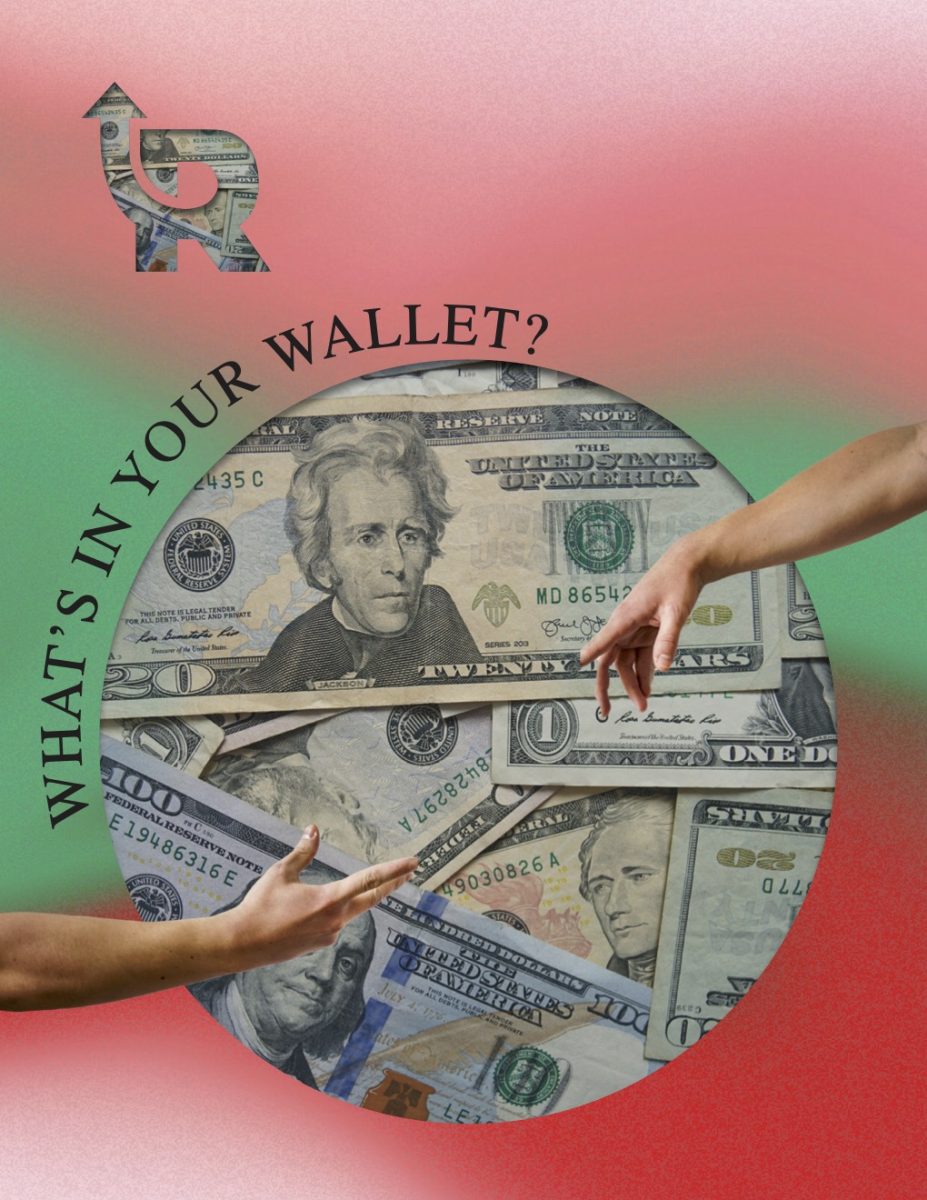Plant based life
The pescatarians and vegetarians disagree on the importance of one thing: fish.
McNuggets, McChickens and McChildhoods have all become synonymous with the American experience. Of the 39,198 McDonald’s restaurants open worldwide, a whopping 14,146 locations operate in the US, second-place Canada containing only 1,458 restaurants.
In spite of these giant meat corporations, the United States has a stable presence of vegetarians, pescatarians, and vegans. According to a 2018 Gallup poll, 5% of US adults consider themselves to be vegetarian, a statistic consistent with the 6% of people that considered themselves vegetarian in 1999. There is also a quiet minority of vegetarians in high schools across the country, with many teenagers from different cultures and lifestyles choosing some variation of a vegetable-based diet.
Ria Patel, a freshman, has adhered to a vegetarian diet her entire life.
“My family was vegetarian,” Patel said, shrugging her shoulders. “When I was born, that’s just the food I was given. That’s just how it was.”
Patel was raised Hindu, with vegetarianism being one of the defining characteristics of the faith. Approximately one percent of the United States population identifies as Hindu, according to the most recent census in 2016. Patel named her religion as the predominant reason for her eating habits. However, she admits that there was never really an option in her mind.
“If I’m honest, I’m not that religious. But my family is, so I just follow the customs even if I don’t exactly understand the meaning of everything,” Patel said.
Patel will often be asked when she will try meat. However, she never really has a clear answer.
“I haven’t actually tried [meat]. I wouldn’t know what I am missing out on, so I don’t really feel like I want to have meat,” Patel said.
Vegetarian diets, of course, are not completely rooted in religious purpose. Jessica Nagel, an English teacher and a pescatarian of 16 years, had a distinctly different experience than Patel.
“I became a pescatarian [for] my freshman year of high school New Year’s resolution. I told my parents that I was going to be a pescatarian and they said, ‘Okay. That’ll last 10 days,’” Nagel said. “I like the idea of a plant-based diet. It’s just a little bit more healthy. Both my mom and I try to eat a plant-based diet to hopefully prevent any diseases from coming our way.”
She admits it was challenging becoming a pescatarian more than a decade ago. According to a report by the research firm Globaldiet, there has been a drastic 600% increase in people identifying as vegan in the last 3 years.
“Not a lot of kids decide to be vegetarian or pescatarian. Going into the cafeteria and going out to eat with my friends was challenging, because I was the only one,” Nagel said.
Similarly, Patel felt ostracized from other students because of her diet.
“I remember in preschool, I was there and everyone had some sort of meat, and I didn’t. They were like ‘Why don’t you have meat?’ and I was like ‘Just because I don’t eat it,’ and they just didn’t understand.”
Nagel did not grow up as a vegetarian or in a vegetarian household. Despite being a pescatarian now, Nagel admits she values her non-pescatarian childhood.
“I’m sort of glad I had a relatively ‘normal’ childhood. I’m glad that I experienced just being a kid and eating chicken fingers or whatever kids eat, and now I’m happy as an adult that I’m over it,” Nagel said.
Patel expressed her admiration for those who chose to be vegetarian regardless of their upbringing.
“I actually think that’s really cool, because those people made a choice. Maybe they weren’t vegetarian before, [but now] they know why they want to be vegetarian or non-vegetarian, and they have control over their own [eating habits],” Patel said.
Vegetarian choices have become easier to find. Fast food restaurants serve burgers alongside vegetarian substitutes. The Impossible Whopper at Burger King, vegetarian-friendly fries at most restaurants, and non-meat options at Taco Bell allow for easy and fast ways to get vegetarian foods. However, there is also a wide variety of vegetarian-friendly foods that are less mainstream and don’t involve a drive-through.
“A lot of people think that if you’re vegetarian you can’t eat a lot of things, but there’s plenty to eat. I don’t feel like I’m missing out on anything,” Patel said. “We eat a lot of eggs, beans and lentils. I like sandwiches and burgers and all kinds of food without meat that I think tastes good, like plant-based meat, soy-based sauces, [and] stuff like that.”
A wide array of cuisines naturally implement vegetarian and pescetarian options. Mediterranean cuisine heavily features an assortment of fish, while Indian cuisine has a wide range of vegetarian options.
“Making vegetarian food good [is important] so that it’s sustainable and you’re not being deprived or frustrated. My favorite food is probably Indian food: chickpeas, chickpea pasta, lentil bean pasta. Those are huge ones,” Nagel said. “Mediterranean food is [pretty easy because] the Mediterranean diet has lots of fish and is really easy to follow.”
Both Nagel and Patel stressed the importance of getting enough protein in their diets. While plant foods are high in fiber, vitamins, minerals and antioxidants, plants lack much of the protein found in meat. Proteins found in plants are not as complete as the proteins found in animal products, and while 95% of animal proteins we eat are absorbed into the body, only 85% of plant proteins are absorbed. This can sometimes result in protein deficiency. However, Patel’s lifestyle has never caused problems with protein.
“It’s just part of the Indian lifestyle. Lentil soup is a main food, so we just eat it every day and it provides the protein. We don’t really worry about protein,” Patel said.
Foods such as lentils, beans, and even green peas can all be good sources of protein. Pescatarians can get protein from fish, which contain as much as 33 grams of protein per four ounces.
“Fish is probably one of the healthier meats. With some other vegetarian options, although they might be really good, they don’t have the protein that I need,” Nagel said. “If I don’t eat a lot of protein, I’ll be hungry and tend to snack a lot. So fish helps satisfy the craving for the feeling of being full, I guess.”
Nagel reminds people that vegetarian food is not always healthy.
“I don’t think being a pescetarian [or a vegetarian] means necessarily healthy, because there’s so much food you could still eat like pizza and chips and french fries. It’s vegetarian, but it doesn’t mean it’s healthy,” Nagel said.
For those who want to become vegetarian, Nagel and Patel have some expert advice.
“Being a vegetarian doesn’t mean just eating lettuce and carrots by any means. Come up with foods that you really enjoy – you can’t just eat salad every day!” Nagel said. “If you really need some inspiration to become a vegetarian, watch Netflix documentaries, because they will never leave you.”

Your donation will support the student journalists at Barrington High School! Your contribution will allow us to produce our publication and cover our annual website hosting costs.

